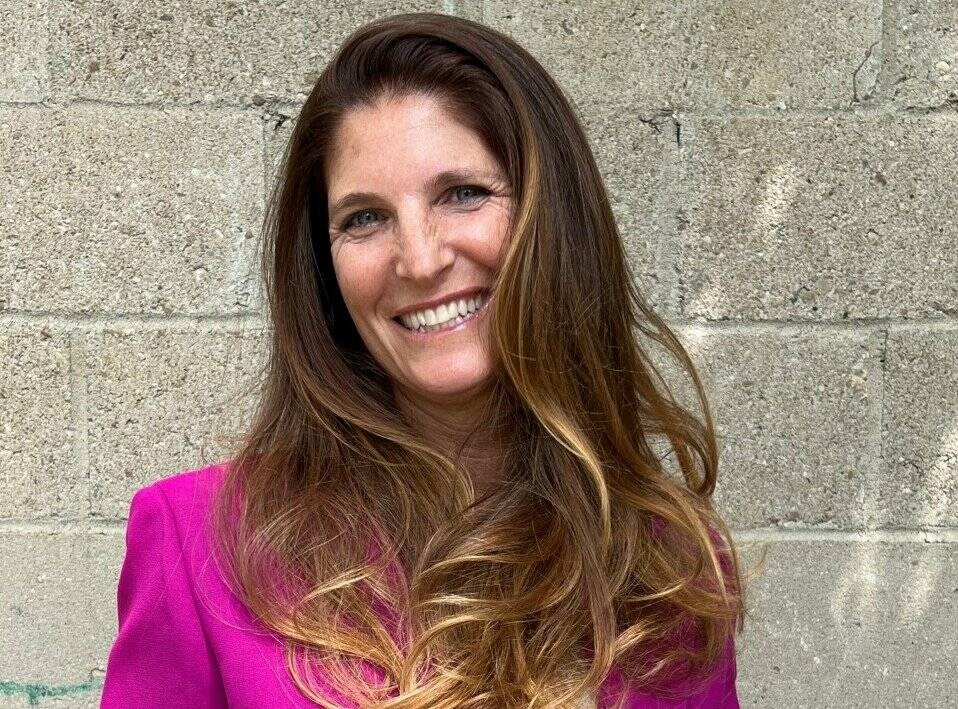Dear Lisi: My husband is very concerned with his health and wellness. I love that about him, and he remains fit and handsome as he ages. He used to be a gym rat in his 20s, moved more into triathlons in his 30s, became obsessed with CrossFit in his 40s, switched to marathon running in his 50s, and now, in his 60s, he’s focused on training for specific events.
I love cheering him on, and our children are also very supportive. Recently, one of our daughters has shown an interest in event training, and the two of them are looking for something to do together, which I lsupport.
The problem is that, for whatever reason, my husband doesn’t approve of my health and wellness practices. I do yoga, Pilates and aquatics. And I play pickleball. He thinks none of those things are legit exercise and makes fun of me when I come back sweating.
How can I impress upon my husband that what I do should be supported by him, just as I support him? He doesn’t have to do it with me, or like it.
Healthy seniors
Use your words and don’t be afraid. Your husband is being unkind, and I have no idea why. He obviously feels superior to you in his health regimen, but that’s unnecessary. You two should be supportive of each other.
I suggest you talk to him and tell him how you feel. Then I suggest you take him to a class — have him try each one — and challenge him to a game of pickleball. If he’s as fit as you say, he’ll probably be able to handle everything, but he should see how difficult each class is. Let’s hope he’ll have a better understanding and respect for what you do.
The goal here is to keep fit and healthy for as long as physically possible, and enjoy a healthy, respectful union.
Dear Lisi: We are visiting our son, his wife and our two grandchildren who live in another city and are helping them out for a few days. While here, we see that our grandson’s behaviour is inconsistent, between home and school. At school, he has a huge problem, both physically and verbally. The teacher’s comments are shocking. I’m a special ed teacher. My son and his wife aren’t asking me for advice, so I’m not saying anything.
But this kid is screaming out for something. I think he’s lacking the proper attention. I’ve been talking to him, as a loving grandmother, to see if he can verbalize what’s upsetting him. He admits that at school he feels angry, but he doesn’t know why. He says he has conflicts with the boys in his class. He’s only 10.
At home, he’s OK except for picking on his eight-year-old sister sometimes. I know early intervention is key but what can I say? His mom is tightly wound, micromanages and over-controls everyone and everything. My son works a lot. Our grandson does very well academically.
How can I help?
Granny with knowledge
I think it’s time you talk to your son and his wife, but you MUST impress upon them that you only want to share with them your observations as a special ed teacher, coupled with the strong love you feel for your grandson. That you are in no way judging them, their child, their parenting or anything related. They might have no idea what’s available to them in terms of helping their son.
Tread carefully. If you start to get pushback, back off. Maintaining your loving grandparent position is more important in the long run.
FEEDBACK Regarding the comments related to COVID-19 (April 10):
Reader — “Scientists are only beginning to understand the SARS CoV-2 virus. Although far fewer people are dying as during the acute phase (in 2020), the virus can continue to circulate in the human body (viral persistence), damaging our immune system and leading to serious disease long after the sniffles are over. We now know that COVID is a vascular disease that attacks the entire body. You don’t need to be a frail senior to suffer COVID-induced heart disease, early onset Alzheimer’s, or an auto-immune disease or diabetes, to name but a few of the conditions that are associated with COVID infection. We are all at risk.
“For those suffering from long COVID, some might only have slight brain fog, others are totally unable to work and some are confined to their beds.
“And there are still no recognized treatments for COVID. My point is, don’t downplay the virus just yet.”
Lisi Tesher is an advice columnist based in Toronto. Send your questions to [email protected]



